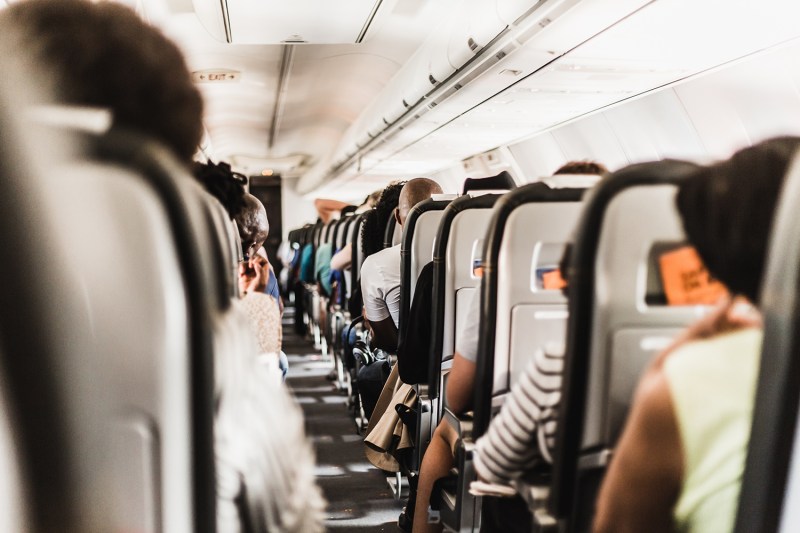
Air travel has improved significantly since the turn of the century. High-altitude Wi-Fi, free booze (on international flights anyway), and in-flight entertainment have all made long-haul flights just a little easier. But, shrinking seats, Draconian baggage restrictions, and surly flight attendants all seem to be getting worse. It’s enough to drive even the most patient passengers mad, in some cases to the point of air rage. Starting in 2020, new legislation will come down hard on unruly flyers.
For almost six decades, prosecuting “problem” passengers has proven difficult. The Tokyo Convention of 1963 laid the groundwork for how officials around the world could deal with in-flight disruptions. In short, the legislation stated that jurisdiction over mid-flight crimes and offenses was conferred to the country where the aircraft was registered. This hasn’t been an issue for domestic flights within the United States, for example. Some countries like the United Kingdom allow local law enforcement to resolve such problems at their discretion. But, for passengers aboard a flight from, say, Chicago to Sydney, it’s a major headache.
In many cases, unruly passengers — even those committing downright criminal acts — received little more than a slap on the wrist. Alexandre de Juniac, CEO and Director General of the International Air Transport Association (IATA), confirmed roughly 60% of offenses go entirely unpunished. Those offenses include everything from smoking and failure to follow crew instructions to sexual harassment and violent physical assaults. The overall number of incidents has decreased in recent years, but the intensity of incidents — in particular, those described as “air rage” — has risen significantly.
The solution is Montreal Protocol 2014 (“MP14” for those in the know). As its name implies, it’s been floating around in draft form for more than five years, waiting for 22 nation signatures to ratify it into law. In November, Nigeria became the final signatory on the landmark bill. It empowers each member nation to enforce stricter policies against bad behavior for inbound aircraft. Punishment will largely be at the discretion of each country, but will likely be in accordance with local laws. This should go a long way toward protecting both passengers and crew.
The bill’s ratification is a step toward keeping passengers in check. However, it’s a relatively small one in the scope of worldwide travel. According to de Juniac, “The treaty is in force. But the job is not done. We encourage more states to ratify MP14 so that unruly passengers can be prosecuted according to uniform global guidelines.”
For U.S. passengers who choose to imbibe an in-flight Old Fashioned or three, it pays to know the legal ins and outs of drinking while flying.


